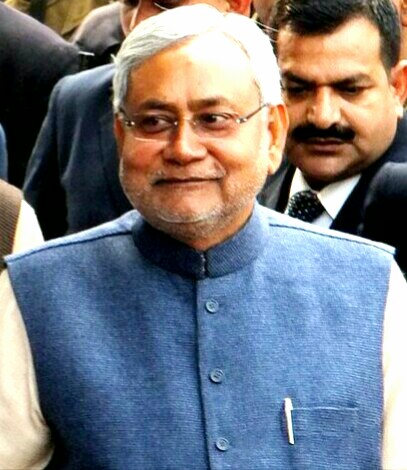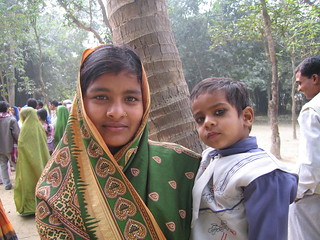It is heartening that three of the six are women.
Six regional parties could decide next PM,says Sharad Pawar
Six regional parties could decide next PM,says Sharad Pawar
Pawar identified the Trinamool Congress, Samajwadi Party, Bahujan Samaj Party, Biju Janata Dal, Janata Dal (United) and the AIADMK as the kingmakers in 2014 ...... Mamata, Naveen, Mulayam Singh, Mayawati, Nitish and Jayalalithaa .... On Modi, Pawar said: “You see, my observation in Indian politics is that if anyone tries to project himself too early, he invites trouble and I think BJP and Narendra Modi have started their projection too early and with a definite position. I don'’t know what will happen. My experience, my previous observation, is not very good."”




































